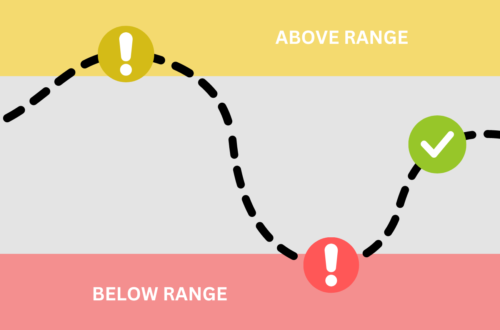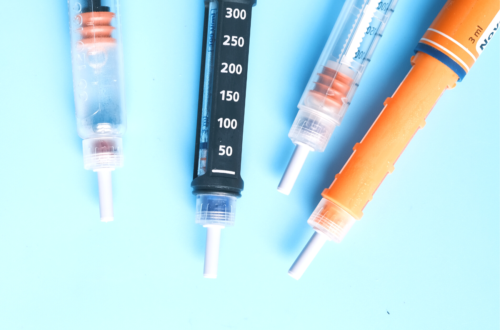
The Value of the Diabetes Educator
Certified diabetes care and education specialists—or “diabetes educators”—bring unique skills to the care team. Beyond education, they support a holistic approach through individualized management, factoring in background, culture, environment, and access to resources. The American Association for Diabetes Care and Education Specialists highlights four key areas where CDCES’s demonstrate immense value and expertise.
Optimal care for people with diabetes, prediabetes and cardiometabolic conditions
CDCES’s are able to spend time with individuals, counseling them on how to incorporate healthy eating and physical activity into their lives. They provide instruction on medications, glucose monitoring and interpretation, and foster problem solving skills to minimize complications and manage diabetes distress.
They are technology experts, providing guidance and support based on individualized data. They integrate the clinical and self-management aspects of care, and consider emotional well-being to improve overall quality of life.
Lowered Costs
CDCES’s offer care that positively impact costs for patients, providers, and the healthcare system. A recent Harvard study showed that diabetes self-management education and training (DSME/T) saved an average of $1300 for every Medicare beneficiary that completed a diabetes education program.
Another analysis showed cost savings of $135 per month with completion of a DSME/T program. Inpatient hospital savings were as much as $160 per person, per month.
Improved quality measures, outcomes and health
CDCES driven education leads to lowered A1c’s and greater adoption of healthy behaviors. Participants in The Bristol-Myers Squibb Foundation study experienced an A1c reduction of nearly 2.0%. They also reported improvements in quality of life and overall health satisfaction.
Improved productivity and performance
CDCES’s ease the workload of diabetes care providers by assuming timing-consuming patient training, counseling, and follow up duties. They can track and monitor patients’ care, provide status reports, assessments on the response to treatment, and be a resource for current diabetes care and education guidelines.
CDCES’s contribute to quality improvement work, which provides tremendous value in helping organizations achieve performance measures.


You May Also Like

Move Over A1c, Make Room for Time In Range
October 20, 2022
GLP-1 Injectables for Older Adults
April 24, 2024
